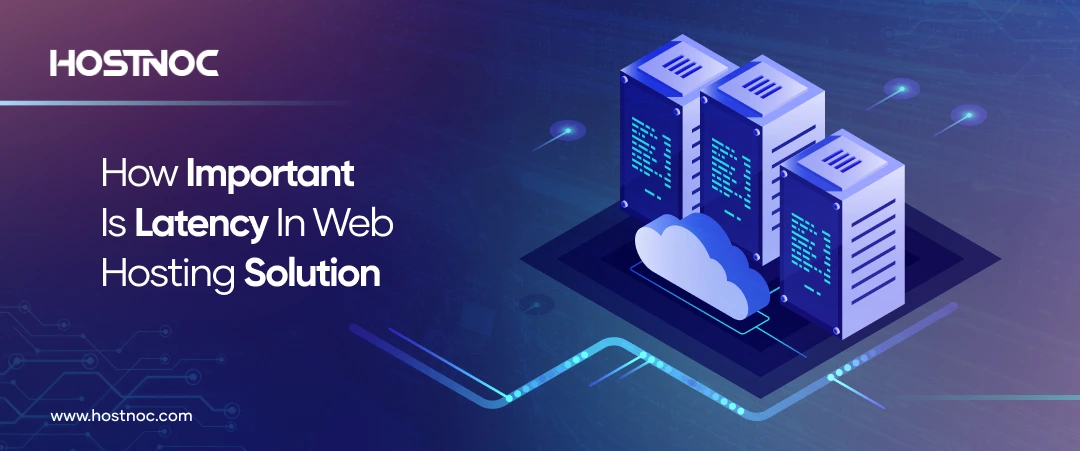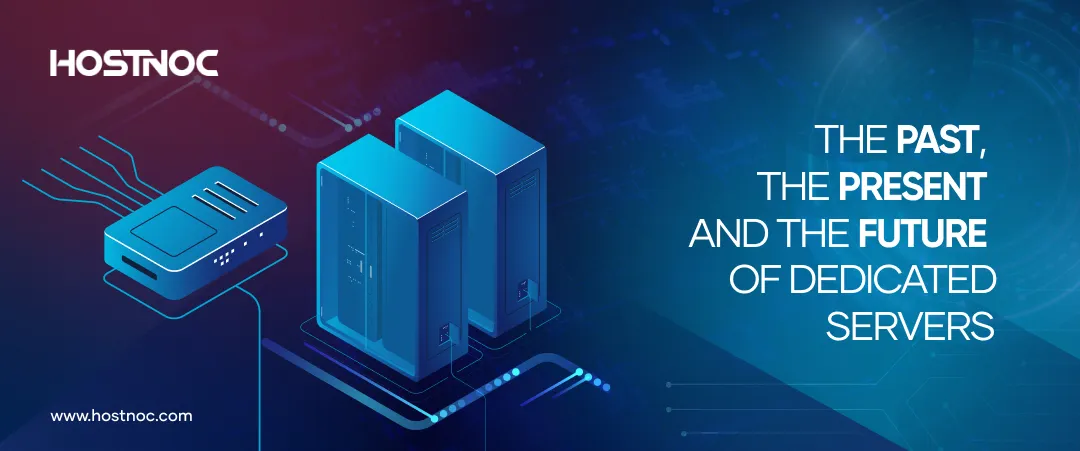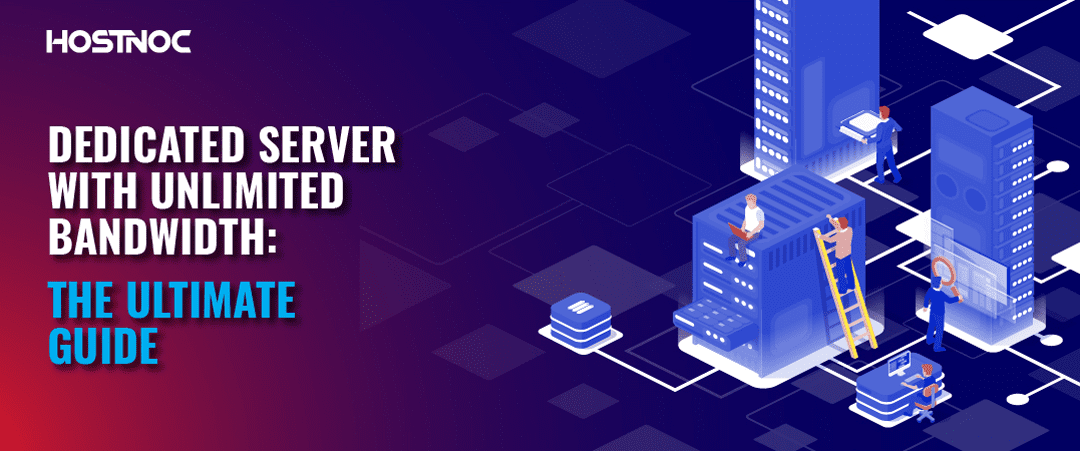Blogs

8 Black Friday and Cyber Monday WordPress Themes and Web Hosting Deals You Should Not Miss Out On
October 30, 2018
How Important is Latency in Web Hosting Solution
November 6, 2018Be it your mobile app, website, or any other form of online or offline interaction, it is all about the user experience. At HostNoc, our focus is on providing the best user experience to website visitors with the help of high-performing dedicated servers. Have you ever thought about how businesses used to deliver brilliant experiences before the advent of dedicated servers? What is the history behind dedicated servers? What does the future of dedicated services have in store for us?
If you are looking for the answers to these questions, you are at the right place. In this article, you will learn about the past, present, and future of dedicated servers.
The Past
Most people are of the opinion that dedicated servers are the prodigies of the 21st century. Unfortunately, such is not the case. It all started in the 1990s when web hosting providers kicked off their operations. Over time, dedicated servers became popular, and within the span of a decade, they became commonplace.
Initially, businesses were reluctant to invest in dedicated servers since they were on the higher end of the cost spectrum, but later they realized that the market is becoming more competitive and growing user demands entail proficiency. They want the best user experience, and if you don’t give them that, they will move to other competitors, since they are surrounded by options galore. This is when businesses started realizing that it is better to spend on dedicated servers than to lose a wide chunk of customers.
Rack servers were introduced during the 90s, replacing machines that functioned more like a desktop computer. At the turn of the millennium, we saw major web hosting providers offering dedicated server hosting services. Back then, these servers had 650 MHz Pentium 3 processors, with a meager 128 MB of SDRAM and 15 GB of storage capacity.
Blade servers soon followed in their wake and became widely popular. Their compact size made them an instant hit. This allowed businesses to save a lot of space. Moreover, they were able to fit more servers in the same space, which was a big advantage back then. As the performance demand for users and businesses grew over the years, the popularity of dedicated servers also grew exponentially. Cybercriminals, such as hackers and digital regulations, also contributed towards speeding up the adoption of a dedicated server among businesses.
The Present
Currently, the server speeds have surpassed the Megahertz barrier as far as CPU performance is concerned, which is a big breakthrough in itself. The number of cores has also increased, delivering blazing-fast performance. Today, dedicated servers can have anywhere between 4 and 24 cores. In addition to this, you can also get a custom-designed solution that enables you to reserve resources according to your business needs.
Storage technology has also come of age. A hard drive with movable parts has become a deep well of storage. Some even offer solid-state drives in dedicated servers, which are much more reliable due to the lack of movable parts. It offers superior performance without heating up.
Another transformation that took place with dedicated servers is that their deployment became a whole lot easier for organizations. Gone are the days when you had to wait for weeks to get a dedicated server deployed in your organization. Today, it hardly takes 48 hours. Next comes the system installation and setup. Connecting the server with your network and troubleshooting it if something goes awry was once construed as a grueling task, but not anymore. Today, it is so much easier that even a novice can use it without any hassle.
The Future of Dedicated Server
Automation will make dedicated server management a breeze. This translates into the fact that service providers can handle vast numbers of servers without breaking a sweat. They can install updates and apply patches as soon as they are available, thanks to automation.
Most companies have started offering fully managed dedicated servers. This means that everything from software updates, security patches, and maintenance of your infrastructure is the responsibility of your hosting provider. Highly skilled and qualified hosting professionals will take care of everything on your behalf.
Dedicated servers have been powering the world’s best websites. As the business needs of the website and internet landscape start to shift, we will see dedicated servers evolve as well. As the competition heats up in the dedicated server space, we will see prices take a tumble. This is great news for both consumers and businesses alike.
Secondly, dedicated servers will continue to offer customization options, letting users configure according to their business needs. One of the biggest challenges faced by dedicated server providers is managing regulatory compliance with end-customers. Managing the logistical demands of the future might also be another challenge that will pose a hurdle.
Businesses will look to streamline business operations and generate additional revenue. Moreover, companies can cut down their spending on IT infrastructure by taking care of everything. On the other hand, businesses can reap the rewards of greater bandwidth and much-improved uptime for businesses.
What would the future of dedicated servers look like? Feel free to share it with us in the comments section below.
Featured Post
Dedicated Servers for Large Businesses: Enterprise-Grade Infrastructure at Scale
In an era where data drives decision-making, customer experience defines brand loyalty, and uptime directly impacts revenue, large businesses require infrastructure that is powerful, reliable, and […]
Dedicated Servers for Mid-Size Businesses: Everything You Need To Know
Dedicated servers play a critical role in the digital infrastructure of mid-size businesses that require high performance, enhanced security, and operational stability without the unpredictability often […]
Dedicated Server with Unlimited Bandwidth: The Ultimate Guide
As your website or application grows, shared or limited hosting plans start to crack under pressure. Slow load times, unexpected downtime, bandwidth caps, and traffic throttling […]













